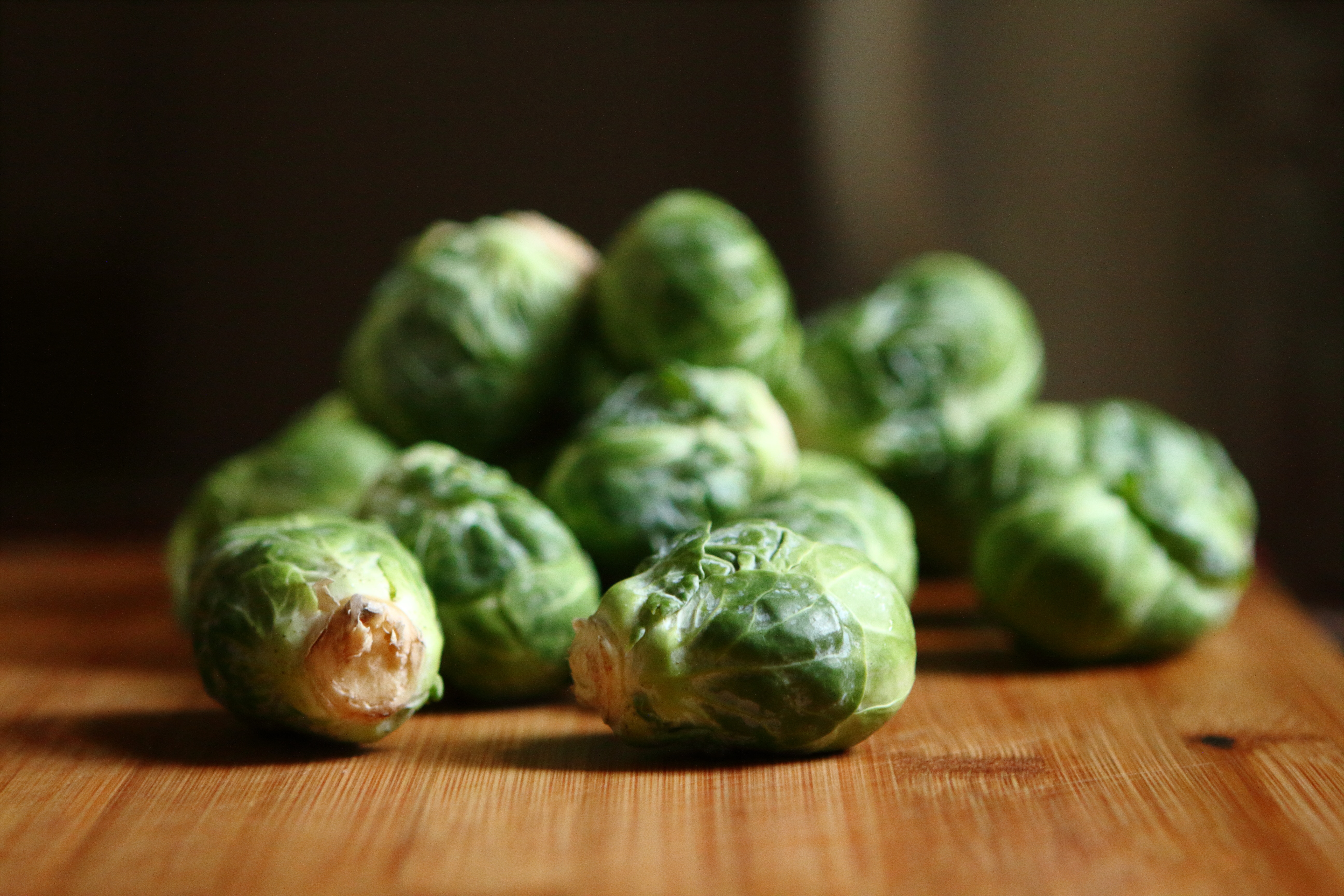by Katherine Carr
It’s Christmas day and dinner is about to be served. Everyone is sat down ready to begin. Someone hands you a bowl and suddenly time freezes. Your heart is racing because you know what’s in that bowl; every year the same thing resides in that dish and every year you try to pass it on untouched. A bead of sweat escapes from your paper Christmas-cracker crown. A cough brings you back to the table and you realise too much time has passed. All the other guests are looking at you, expectantly. You have no choice. You take the token Christmas sprout. Hurriedly, you pass the bowl on.
Economics dictates that we are rational human beings and should act in a way which maximises our own personal utility. In other words, we should do whatever would make us most fulfilled. This process is usually subconscious, but you’re probably aware of it in difficult decision making situations. In this scenario we have a single sprout sitting on your plate. Before everyone noticed you hesitate, the utility maximising option would have been to simply pass on the bowl on and avoid the sprout scenario altogether. However, the expectant attention from other guests made you alter your actions; avoiding the sprout was no longer the utility maximising option, but why? Either:
- The short term disutility of having a sprout present on your plate is lower than the disutility which would result from the other guests berating you for not taking one.
OR
- Your utility function is partially concerned with how your actions impact others, and by not taking a sprout you are worried about offending whoever cooked the meal.
If merely taking a sprout is enough to please the crowds, your job is done and you can enjoy the rest of your Christmas dinner in peace leaving the solitary sprout behind as tribute. However, it seems unlikely that the masses (or the cook) will be appeased by this. So, unfortunately, it would appear that once a sprout is on your plate you’re going to have to get rid of it. The obvious way to do this would be to eat it. This would provide some short term disutility but, by your own calculations, significantly less than the disutility from being teased by the other guests or potentially offending the cook. Alternatively, if there is a dog nearby it could provide a worthy food disposal service (providing your slight-of-hand is sufficiently well practiced to avoid any of the guests noticing!)
This scenario demonstrates the ability of external pressures to influence behaviour by altering the individual’s utility maximisation condition. Altering external pressures is one way in which public health policies have sought to improve health outcomes when individual utility maximising decisions divert individuals away from health maximising behaviours. In a similar vein to promoting the intake of valuable micro and macro nutrients through the dreaded Brussels sprout, which is especially important when your diet largely consists of chocolate and mulled wine, external influences have been used in policy to alter choices around substances that can be detrimental to health.
Take for example the ban on smoking in public places in the UK. This policy changed the utility maximising condition of smoking by enforcing a law declaring it illegal to smoke in enclosed public areas, which forced smokers to choose between enjoying these public spaces uninterrupted or satisfying their craving outside (the pressure being all the greater around Christmas when one must leave a warm, indoor space to stand out in the cold). The recent minimum price for alcohol in Scotland provides another example. This policy changes the utility maximising option by ensuring the price per unit of alcohol does not fall below a minimum threshold. For some consumers this means their favourite alcoholic drink is about to become more expensive. Paying a premium to get the same drink may no longer be their utility maximising option once they have to forego purchasing other goods to afford the newly priced drink. Both of these policies change what was previously the utility maximising option, making it less attractive, in order to encourage ‘healthier’ behaviours.
So this Christmas, when you find yourself in a sprout scenario, remember they are good for you and this may reduce the disutility of having one on your plate a little. Or alternatively, you could “donate” your portion of sprouts to the one person in the family who loves them, there’s always one, and in doing so maximise your own utility and that of the sprout lover. It’s a win-win situation.
Photo by Keenan Loo on Unsplash

